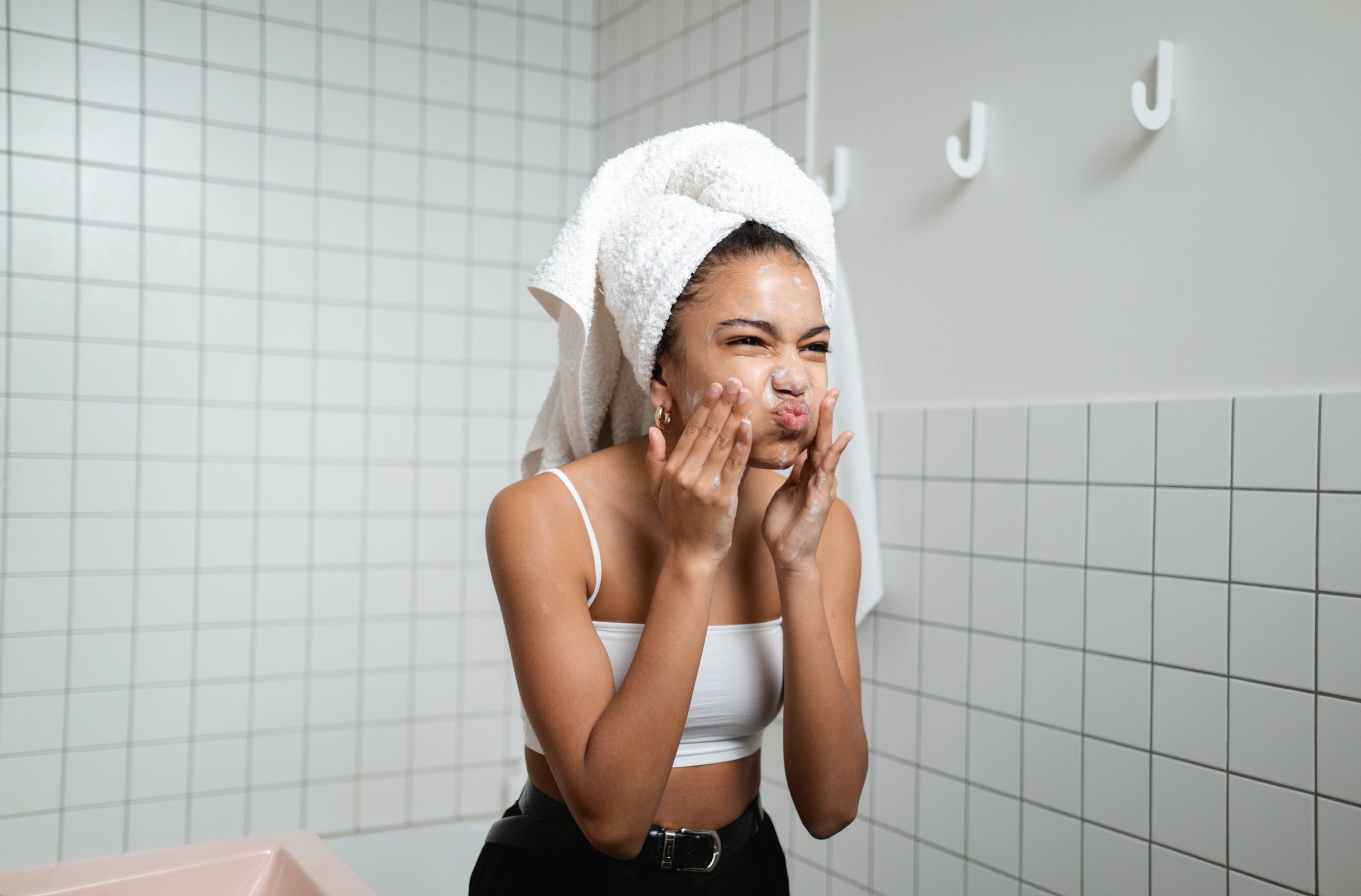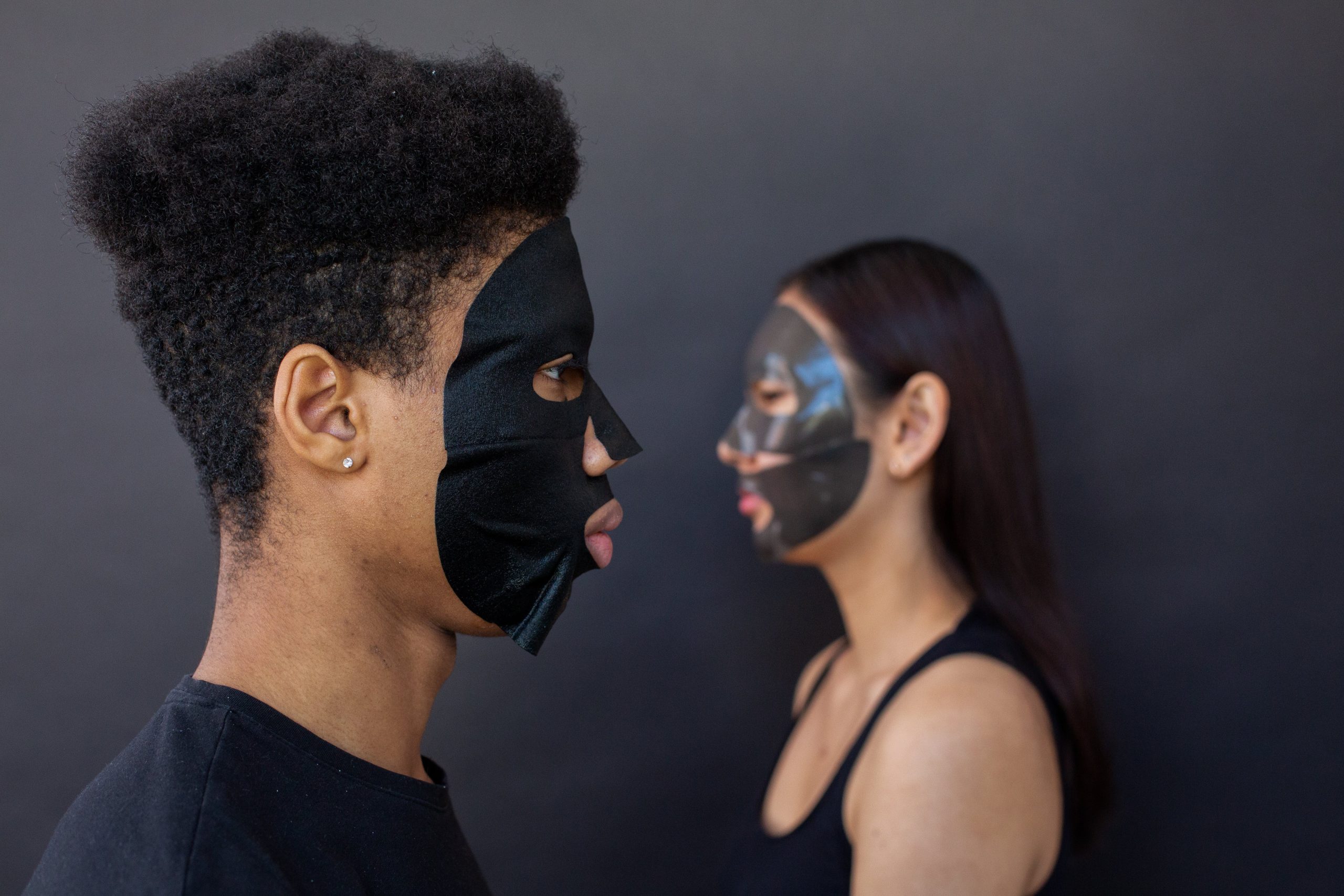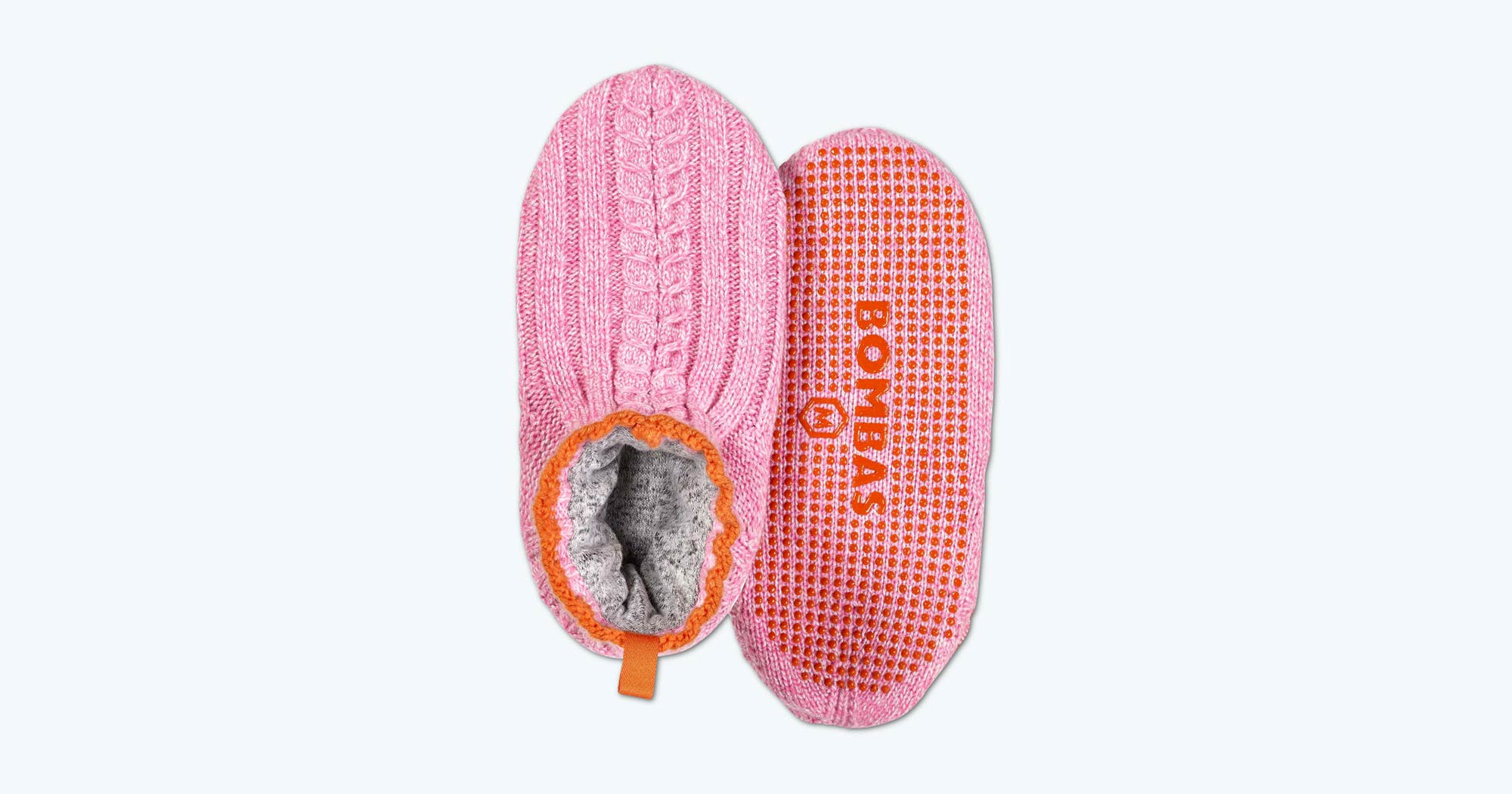I
n simple terms, hyperpigmentation around the mouth is when the skin around your lips and mouth darkens, often taking on brown or grayish patches. The main culprit here is melanin, the pigment responsible for the color of our skin. Sometimes, the skin in this particular area produces more melanin than it should, leading to a noticeable darkening.
Why does this occur?
Here are the common factors responsible for hyperpigmentation around the mouth:
- Sun exposure: Sunlight can be both our friend and foe. Prolonged exposure to the sun’s UV radiation can stimulate the skin in this area to produce more melanin. The result? Darkening around the mouth. It’s a good reason to embrace sunscreen and protective clothing like a hat, especially for those with a penchant for outdoor activities.
- Hormonal changes: This is a common trigger, especially for women. Hormonal fluctuations, whether due to pregnancy, birth control, or even hormone-related conditions, can lead to a specific type of hyperpigmentation called melasma. It’s often characterized by dark patches around the mouth and other facial areas.
- Post-inflammatory hyperpigmentation: Have you ever had an acne breakout or experienced skin irritations? The inflammation and skin trauma from these conditions can leave behind dark marks, which could contribute to perioral hyperpigmentation.
- Lifestyle factors: Your daily habits can also be responsible. For instance, smoking is not only bad for your overall health, but can also worsen hyperpigmentation around the mouth. In addition, nutrition plays a role; a diet lacking essential nutrients can affect your skin’s health.
- Skin-brightening creams: Another reason for having dark skin patches around your mouth could be the wrong application of topical face creams. When you constantly apply skin-brightening creams without ensuring they reach the corners of your mouth and ears, these areas retain dark patches. The way to correct this is to use the same skin-brightening cream and ensure it touches every part of your face.
Check out how to treat hyperpigmentation around the mouth…
#1. Use topical treatments

- Skin-brightening creams: Look for products containing ingredients like kojic acid or licorice extract. These can help gradually lighten the darkened areas. Learn to use these creams consistently as results may take several weeks to become noticeable.
- Retinoids: Topical retinoid creams, such as tretinoin, can help in skin cell turnover and may fade hyperpigmentation. However, be cautious with retinoids as they can make your skin more sensitive to the sun. It’s best to always use them in conjunction with sunscreen.
- Sunscreen: Sun protection is crucial as sun exposure can worsen hyperpigmentation. Use a broad-spectrum sunscreen with an SPF of 30 or higher daily, even on cloudy days. Reapply it throughout the day, especially if you’re outdoors.
#2. Consider professional treatments

- Chemical peels: A chemical peel involves the application of an acid solution to the skin, which exfoliates the top layer and encourages new, even-toned skin to emerge. Dermatologists can adjust the strength of the peel to your specific needs.
- Laser therapy: Laser treatments can target and break down the excess melanin in the affected area, leading to a more even skin tone. Several sessions may be required for optimal results.
- Microdermabrasion: This is a non-invasive procedure that uses tiny exfoliating crystals to remove the top layer of skin, including the hyperpigmented areas. It’s less intense than chemical peels and laser therapy and may require multiple sessions.
#3. Try home remedies

- Aloe vera: The natural properties of aloe vera can help soothe and lighten hyperpigmentation. Apply aloe vera gel directly to the affected area and leave it on for about 20 minutes before rinsing.
- Honey: Honey has natural brightening properties. Mix honey with a few drops of lemon juice and apply it to the darkened area. Leave it on for 15-20 minutes before rinsing.
- DIY masks: Create masks using ingredients like yogurt, turmeric, and chickpea flour. These can exfoliate and brighten the skin when applied regularly.
#4. Adjust your lifestyle

- Sun protection: As mentioned earlier, the best defense against further hyperpigmentation is daily sun protection. Don’t underestimate the sun’s effect even on overcast days.
- Healthy lifestyle: Maintain a well-balanced diet rich in antioxidants and nutrients that support skin health. Also, avoid smoking as it can worsen hyperpigmentation around the mouth.
- Proper skincare routine: A consistent skincare regimen that includes cleansing, exfoliating, and moisturizing can improve your skin’s overall health and appearance.
#5. Consult a dermatologist

Although the aforementioned methods can be effective, it’s essential to consult a dermatologist for a personalized approach. They can evaluate your specific case, recommend the most suitable treatments, and monitor your progress. Additionally, they may identify any underlying medical conditions contributing to the hyperpigmentation around your mouth.
Featured image: puhhha/iStock
For the latest in fashion, lifestyle, and culture, follow us on Instagram @StyleRave_
All rights reserved. This material, and other digital content on this website, may not be reproduced, published, broadcasted, cached, rewritten, or redistributed in whole or in part without prior express written permission from STYLE RAVE. Use of and/or registration on any portion of this site constitutes acceptance of our Terms & Conditions and Privacy Policy.
—Read also
























































![Key Metrics for Social Media Marketing [Infographic] Key Metrics for Social Media Marketing [Infographic]](https://www.socialmediatoday.com/imgproxy/nP1lliSbrTbUmhFV6RdAz9qJZFvsstq3IG6orLUMMls/g:ce/rs:fit:770:435/bG9jYWw6Ly8vZGl2ZWltYWdlL3NvY2lhbF9tZWRpYV9yb2lfaW5vZ3JhcGhpYzIucG5n.webp)














